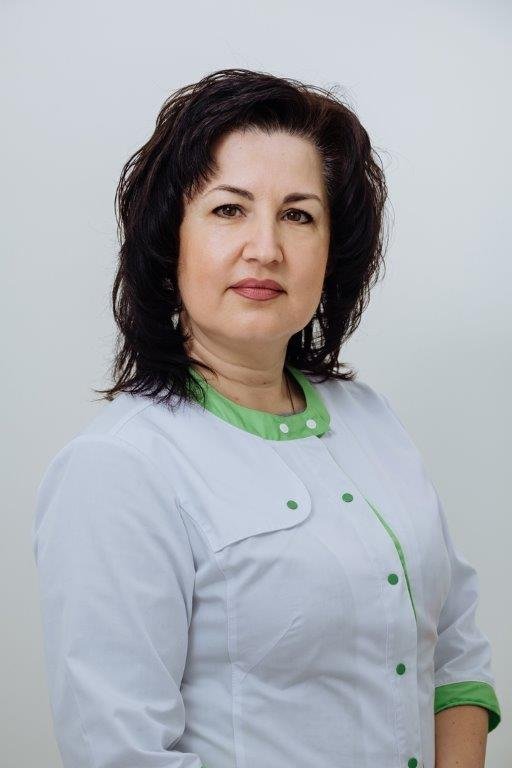Rheumatologist is a doctor who deals with the diagnosis, treatment and prevention of rheumatic diseases affecting the musculoskeletal system, heart and joints. In addition, rheumatology studies systemic diseases (when, in addition to connective tissue, internal organs are affected), systemic vasculitis, as well as autoimmune diseases.
Rheumatologists cover a fairly wide range of diseases (more than 100), conducting a wide differential diagnosis with oncological and infectious diseases.
Symptoms that require consultation with a rheumatologist
- Difficulty in the movements of the lumbar and cervical regions, in the knees when getting up in the morning.
- Symmetric swelling and pain in the joints.
- Swollen redness on the cheeks and bridge of the nose.
- Painless rashes in the form of small nodules.
- Long-term presence of temperature at the level of 37-38 degrees.
- Muscular dystonia and hypotonia.
As a rule, rheumatic diseases are characterized by joint problems: pain, deformations, joint mobility problems. And if you observe any of the listed symptoms, you should contact a rheumatologist as soon as possible. The specialist will provide qualified consultation and an effective solution to the problem.
What does a rheumatologist do?
When diagnosing the disease, all types of laboratory, functional, X-ray, radioisotope studies are used, including:
- laboratory (clinical and biochemical blood analysis) and immunoserological diagnostics;
- X-ray of joints and spine;
- ultrasound diagnostics of joints and soft tissues;
- magnetic resonance imaging;
- computed tomography;
- electrocardiogram (ECG);
- echocardiogram (ECHO-CG, ultrasound of the heart);
- synovial fluid analysis;
- diagnostic joint puncture with biopsy.
After diagnosis, an individual treatment scheme is prescribed, which usually includes curative and preventive measures, taking basic and symptomatic drugs (non-steroidal anti-inflammatory drugs, hormones, cytostatics, immunosuppressants, chondroprotectors, bisphosphonates and immunobiological drugs), as well as intra-articular injections (prolonged hormones or hyaluronic acid preparations). The course of treatment also depends on the individual characteristics of the body, the stage and severity of the disease, as well as the age and capabilities of the patient.
If necessary, the patient will be offered treatment in the conditions of a day hospital using:
- physiotherapy;
- massage;
- physical therapy;
- manual therapy.
At the consultation of a rheumatologist:
- will listen to your health complaints;
- find out the history of the development of the disease and determine what contributed to its development;
- will conduct a clinical examination of your body;
- will study the medical documentation provided by you;
- establish a preliminary diagnosis;
- in order to clarify or confirm the diagnosis, he will prescribe a targeted laboratory and instrumental examination;
- if necessary, refer to doctors of related specialties;
- will offer treatment (provided there is sufficient information to make a reliable diagnosis, you will be immediately prescribed complex treatment);
- will determine the term of further consultation.
Specialists of the Vitamin medical center
Make an appointment
Leave your contact details and our manager will call you to clarify all the details.


